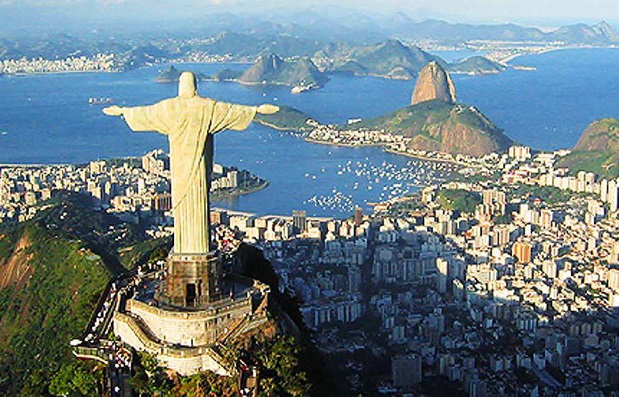Brazil: economy hopes in Temer

Surrounded by distrust on its actual ability to adopt the economic reforms needed to revive the country, Michel Temer started on 1 September his tenure as president of Brazil. The new head of state has the obligation to take measures to love to avoid the collapse of the public finances, necessary care, already announced in his first speech after the inauguration, broadcast to unified networks and which caused riots in the streets.
As for the economic aspect, the impeachment of former President Dilma Rousseff, voted by the Federal Senate in Brasilia with a result of 61 in favor and 20 against, will lead to a change of gear in Temer government which could shoulder the burden of the high expectations of the market. In recent months, the stock market was soaring, with the central banks to inject liquidity into the global economy and investors hunting for higher returns.
But what are the prospects for Brazil? According to Craig Botham, emerging markets economist at Schroders: "It is unlikely that the vote cause significant rally in Brazilian assets. If anything, some profit taking are likely." According to Will Landers, Latin American equities manager for BlackRock, the shift was necessary: “Yesterday’s decision took away the risk of a reversal. The equity and the currency markets would have gone back to where they were” if Ms. Rousseff had survived the impeachment vote.
The present scenario is not however the most favorable: the economy remains in recession, GDP fell in the second quarter of 2016 by 0.6%, the sixth quarterly decline in a row. In addition, the Brazilian government budget have to be healed, and should be done quickly. The main cause of the recession in Brazil has been the growing uncertainty about the sustainability of public accounts, because of uncontrolled spending and rising debt. From 1997 to 2015, the Brazilian government spending has grown by an average of 6% over the rate of inflation.
According to the new government, an effective fiscal adjustment would break this vicious circle, regaining the confidence of international markets and the same Brazilian entrepreneurs, who for ten quarters have stopped making investments in the country.
Meanwhile, the change of president is producing effects on the foreign front. In the rest of Latin America the issue has opened a diplomatic crisis: the leftist governments of Venezuela, Ecuador and Bolivia withdrew their ambassadors, and Brasilia has done the same.

